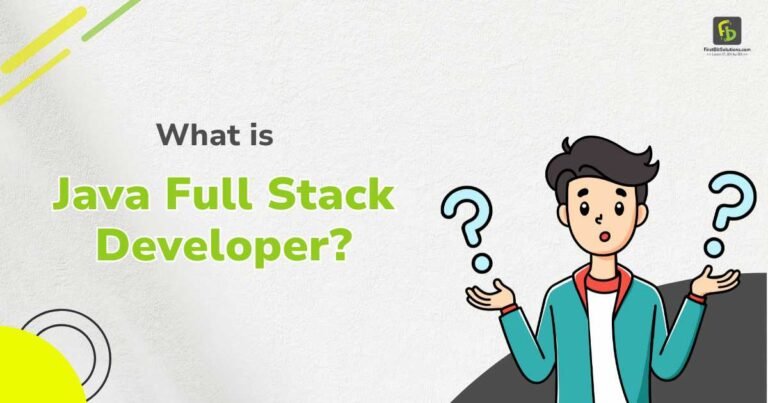Introduction
Top Java Interview Questions, Java remains one of the most in-demand programming languages, and mastering it can open doors to lucrative job opportunities. Whether you are preparing for an entry-level position or an advanced developer role, being well-versed in Java interview questions is essential. In this guide, we cover the top Java interview questions and answers for 2025, helping you stay ahead in the competition.
Basic Java Interview Questions
1. What is Java?
Answer: Java is a high-level, object-oriented programming language developed by Sun Microsystems (now owned by Oracle). It is platform-independent, thanks to the Java Virtual Machine (JVM), and follows the principle of Write Once, Run Anywhere (WORA).
2. What are the key features of Java?
Answer: Java offers several features, including:
Object-Oriented: Everything in Java is treated as an object.
Platform-Independent: Code can run on any platform with a compatible JVM.
Robust and Secure: Java includes features like exception handling and security management.
Multithreading: Java supports concurrent execution of multiple threads.
Automatic Memory Management: The Garbage Collector automatically manages memory.
3. What is the difference between JDK, JRE, and JVM?
Answer:
JDK (Java Development Kit): A software development kit that includes JRE, compiler, and debugging tools.
JRE (Java Runtime Environment): Provides libraries and JVM required to run Java applications.
JVM (Java Virtual Machine): Converts Java bytecode into machine code for execution.
Intermediate Java Interview Questions
4. Explain the concept of OOP in Java.
Answer: Java follows Object-Oriented Programming (OOP), which includes principles like:
Encapsulation: Wrapping data (variables) and code (methods) into a single unit.
Abstraction: Hiding implementation details and exposing only the necessary functionalities.
Inheritance: Allowing one class to inherit properties and methods from another.
Polymorphism: Enabling one interface to be used for different data types.
5. What is the difference between Abstract Class and Interface?
Answer:
| Feature | Abstract Class | Interface |
|---|---|---|
| Methods | Can have abstract and concrete methods | Only abstract methods (before Java 8) |
| Variables | Can have instance variables | Only static and final variables |
| Inheritance | Supports single inheritance | Supports multiple inheritance |
Advanced Java Interview Questions
6. What is the difference between Checked and Unchecked Exceptions?
Answer:
Checked Exceptions: These are checked at compile-time (e.g., IOException, SQLException).
Unchecked Exceptions: These occur at runtime (e.g., NullPointerException, ArithmeticException).
7. What are Lambda Expressions in Java?
Answer: Introduced in Java 8, Lambda expressions provide a concise way to implement functional interfaces. Example:
interface MyInterface {
void show();
}
public class LambdaExample {
public static void main(String[] args) {
MyInterface obj = () -> System.out.println("Lambda Expression Example");
obj.show();
}
}8. What is the difference between HashMap and HashTable?
Answer:
| Feature | HashMap | HashTable |
| Synchronization | Not synchronized | Synchronized |
| Performance | Faster | Slower due to synchronization |
| Null Keys/Values | Allows one null key and multiple null values | Does not allow null keys or values |
9. Explain Spring Framework and its components.
Answer: Spring is a popular Java framework used for enterprise applications. Key components:
Spring Core: Provides dependency injection.
Spring MVC: Used for web applications.
Spring Boot: Simplifies application setup with minimal configuration.
10. What is the purpose of Java Streams API?
Answer: Introduced in Java 8, the Streams API enables functional-style operations on collections. Example:
List<String> names = Arrays.asList("John", "Jane", "Doe");
names.stream().filter(name -> name.startsWith("J")).forEach(System.out::println);Conclusion
Mastering these Java interview questions will give you an edge in your job search in 2025. With Java’s continued demand in industries like finance, technology, and AI, being proficient in its concepts can open up numerous career opportunities.
If you’re preparing for a Java job interview, consider enrolling in a Java certification course to solidify your skills and boost your career prospects!




